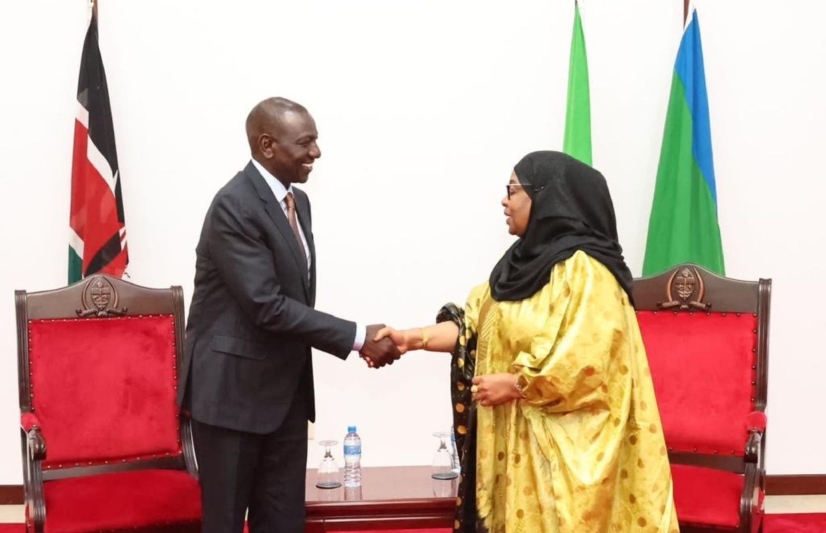Tanzania’s decision to import electricity through Kenya has sparked debates, but President Samia Suluhu and government officials have defended the move, citing its economic benefits.
The plan involves tapping into Ethiopia’s electricity supply via Kenya Power, a move aimed at addressing Tanzania’s persistent power challenges.
Here are five reasons the Tanzanian government believes this strategy is crucial for the country’s economy.
1. Addressing Power Shortages in the Northern Zone
Frequent blackouts in Tanzania’s Northern Zone have had devastating economic effects, with businesses and industries reporting losses exceeding Ksh32 billion annually.
President Suluhu highlighted that importing power from Ethiopia via Kenya will stabilize the electricity supply, ensuring businesses operate smoothly and reducing the financial burden caused by outages.
2. Reducing Energy Losses from Long-Distance Transmission
Currently, electricity is transmitted from Tanzania’s southeastern region to the Northern Zone, covering long distances that result in significant energy losses.
Government Spokesperson Gerson Msigwa explained that relying on the Kenya-Ethiopia interconnection will minimize these losses, providing a more stable and reliable power supply.
3. Lowering Energy Production Costs
Tanzania’s government has emphasized that importing power from Ethiopia through Kenya is more cost-effective than generating electricity locally in some cases.
Suluhu stated that Ethiopia’s energy prices are competitive, making this option a financially viable solution for Tanzania’s power sector.
Lower costs will benefit industries, businesses, and households, ultimately boosting economic growth.
4. Enhancing Regional Energy Trade
By joining the North Africa Power Pool, Tanzania is positioning itself as a key player in regional electricity trade.
The interconnection project links Tanzania with Kenya, Ethiopia, and Zambia, further integrating the East African and Southern African Power Pools.
This initiative strengthens energy security and opens opportunities for Tanzania to export surplus power in the future.
5. Improving Reliability and Sustainability
Tanzania has previously engaged in cross-border electricity agreements, and this latest move aligns with its long-term vision of a sustainable and reliable power supply.
The government noted that diversifying power sources through regional trade will make the electricity grid more resilient and less vulnerable to disruptions, benefiting consumers and businesses alike.
As Tanzania pushes ahead with its plan to import power through Kenya, officials maintain that the move is a strategic investment in the country’s economic future.
While challenges remain, the government is confident that regional energy partnerships will drive long-term stability, affordability, and growth in Tanzania’s power sector.

